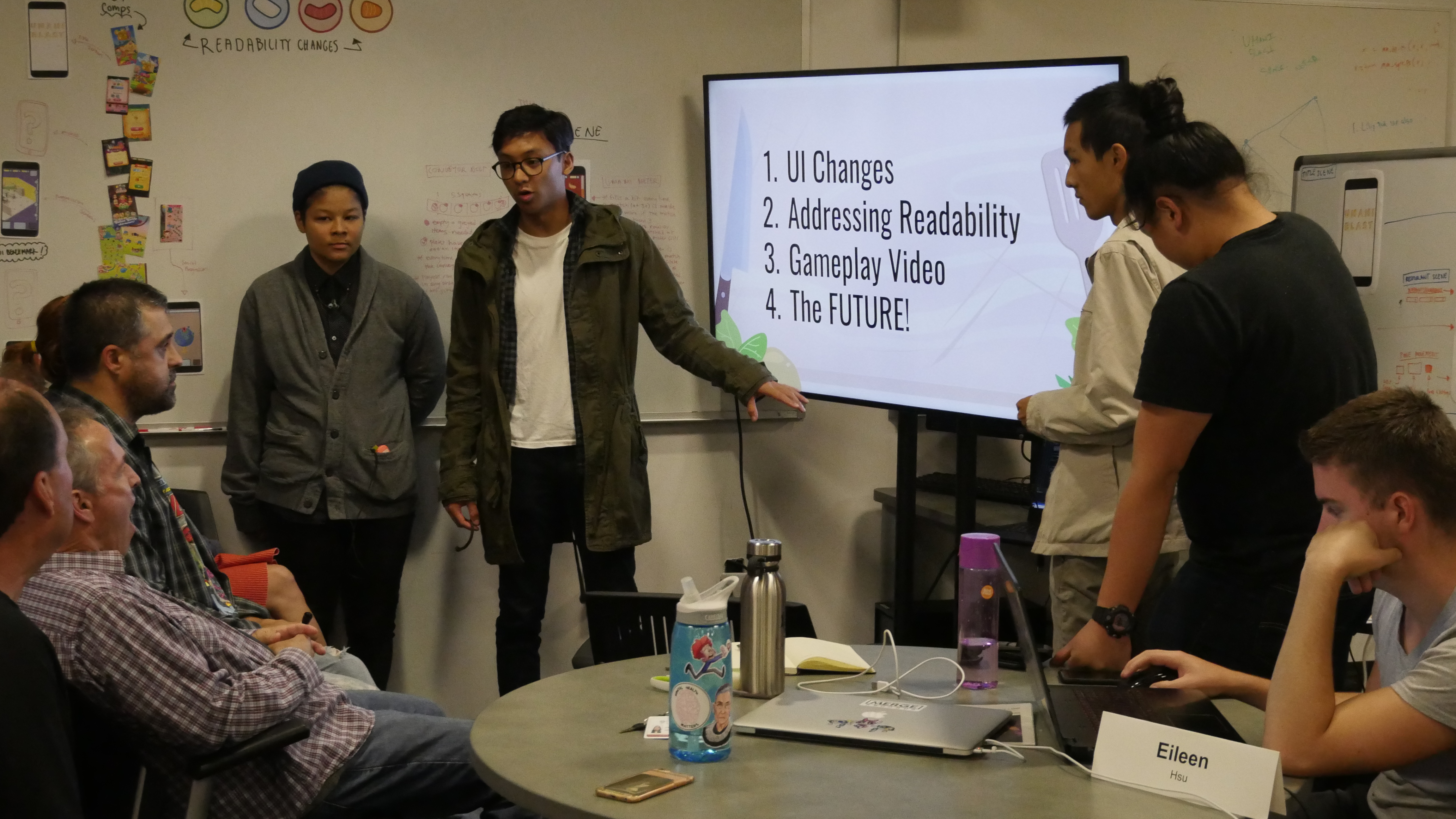Co-op College: How schools are preparing students to make games as a team

If you want to make it as a game developer, odds are you’ll probably have to learn to work well with your peers. It can be daunting walking into a team project having only worked on solo projects, or just not knowing your place. We talked to some of the top game design colleges to see what they’re doing to make sure students are ready for challenges of their own.
Long-Term Lessons
“Thinking about the design and production becomes particularly important,” says NYU Professor Eric Zimmerman. “Defining clear roles for everyone on the team, establishing a common vision and set of design principles, and agreeing on a shared set of values and work practices should be part of every team-based project.”
Zimmerman added that the act of designing is essentially figuring out how to solve a problem, such as which features make sense in your game, or how to most effectively tell your story. At the NYU Game Center, students work together to design games both digital and physical, sometimes for up to a full year, learning milestone-based development strategies that major studios often rely on.
Me, Myself, and Myers-Briggs
Turns out those personality type tests are good for something. Southern Methodist University uses Myers-Briggs and Bartle Tests to give each students a “gamer type” descriptor. Then they use those to help students help themselves figure out who they’d best mesh with, or who they might need to fill a gap in their development plan. Students learn values like dependability, structure, psychological safety, accountability, and more.
Cross-Campus Co-op
The USC student body is, to put it lightly, quite big. That means game design students are liable to run into tons of similarly artistic and talented filmmakers, audio designers, and even legal professionals. USC capitalized on this wealth by creating tracks that could both push students to collaborate with others outside their school building and give them a leg up. These include a Minor in Immersive Media, Minor in Game Entrepreneurship, or even a Minor in Themed Entertainment designed and run by a former vice president of Disney.
Keep up to date with the most important stories and the best deals, as picked by the PC Gamer team.

